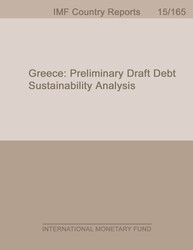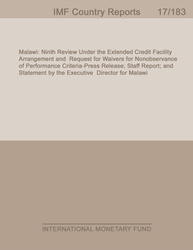
Greece : Preliminary Draft Debt Sustainability Analysis
At the last review in May 2014, Greece's public debt was assessed to be getting back on a path toward sustainability, though it remained highly vulnerable to shocks. By late summer 2014, with interest rates having declined further, it appeared that no further debt relief would have been needed under the November 2012 framework, if the program were to have been implemented as agreed. But significant changes in policies since then—not least, lower primary surpluses and a weak reform effort that will weigh on growth and privatization—are leading to substantial new financing needs. Coming on top of the very high existing debt, these new financing needs render the debt dynamics unsustainable. This conclusion holds whether one examines the stock of debt under the November 2012 framework or switches the focus to debt servicing or gross financing needs. To ensure that debt is sustainable with high probability, Greek policies will need to come back on track but also, at a minimum, the maturities of existing European loans will need to be extended significantly while new European financing to meet financing needs over the coming years will need to be provided on similar concessional terms. But if the package of reforms under consideration is weakened further—in particular, through a further lowering of primary surplus targets and even weaker structural reforms—haircuts on debt will become necessary.
Publication date: July 2015
ISBN: 9781513512358
$18.00
Add to Cart by clicking price of the language and format you'd like to purchase
Available Languages and Formats
| English |
Prices in red indicate formats that are not yet available but are forthcoming.
Topics covered in this book
This title contains information about the following subjects.
Click on a subject if you would like to see other titles with the same subjects.
Money and Monetary Policy , International - Economics , Public Policy , debt , interest , arrears , interest rates , monetary fund
Also of interest
Summary
Copyright © 2010 - 2024
Powered by:
AIDC



